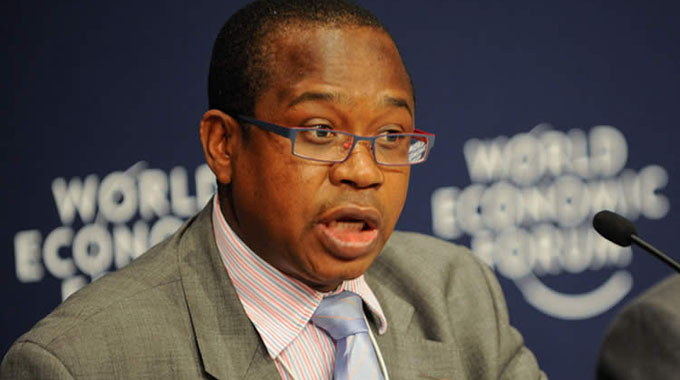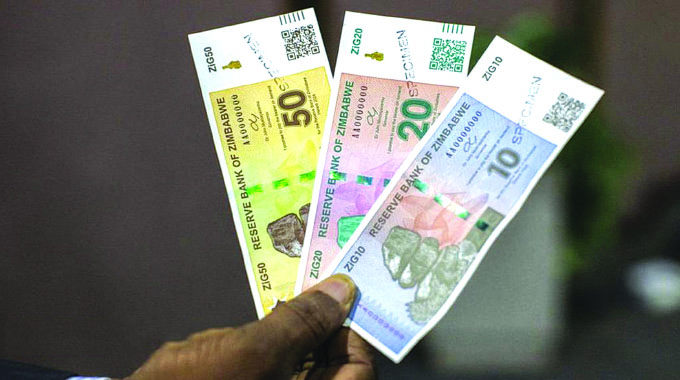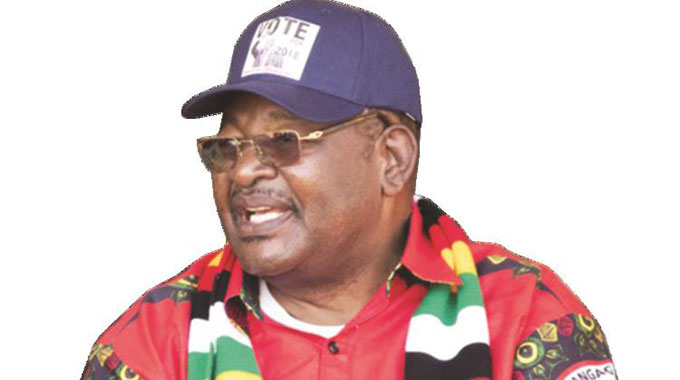‘Infrastructure to drive economic growth’

Golden Sibanda
THE massive investment the Government is putting into developing key infrastructure provides the bedrock needed by the economy to sustain accelerated growth and development, economists say.
This comes after President Mnangagwa, while delivering his Heroes Day speech at the National Heroes Acre on Monday, said Government’s economic reform programme, guided by National Development Strategy-1(NDS1) was bearing fruit.
The President said the economy was projected to grow by 7,8 percent this year while the resultant healthy public finances had allowed more resources to be channelled towards infrastructure development and rehabilitation, as well as health, education and a raft of social programmes.
Zimbabwe’s growth, the President said, will this year be largely driven by agriculture, which is anticipated to expand by 34 percent, following a good rainy season that resulted in a bumper harvest.
“Government will support this positive performance towards guaranteeing sustainable livelihoods and dignity to our people through implementation of the various programmes under the Agriculture Recovery and Growth Plan,” he said.
He said on the back of the bumper harvest, the prevailing macro-economic stability, localisation of value chains and uninterrupted power supply, had seen the rebound in manufacturing sector, which places the modernisation and industrialisation agenda on a firm footing.
Further, growth will receive significant impetus from mining, which is projected to grow by 11 percent, amid the anticipated boom in global commodity prices.
“My Government is determined to facilitate the sector go beyond exploration and extraction towards value addition and marketing that guarantees optimal value for our mineral endowments,” the President said.
The incumbent Government, President Mnangagwa said, was determined to put in place all key enabling infrastructure to anchor growth and development of the economy to improve the livelihoods of citizens.
“The Second Republic is implementing a vast array of infrastructure projects, which are meant to create an enabling environment for socio-economic growth,” President Mnangagwa said, challenging the media to take keen interest in this area.
Economist Professor Gift Mugano said the Government was spot on in directing a significant portion of the 2021 budget towards building key infrastructure including roads, bridges, airports, energy and power systems, ICTs, water and sanitation.
“Infrastructure are a key enabler for economic growth and our key infrastructure is in four categories .
“We are talking about transport, which includes roads, air and rail, water and sanitation, ICT and energy.
“Those are the key economic infrastructure, then of course there are other social infrastructures which can be added to those four (categories), and these include health and education; very important as well.
Prof Mugano said in terms of road transport, for instance, Zimbabwe was strategically positioned within SADC, as the gateway into the region and can use this attribute as an advantage to attract investment.
However, the country needed a well developed and efficient transport system to make this advantage useful, especially in view of opportunities expected from the African Continental Free Trade Area (ACfTA), which came into force in January.
Prof Mugano said an efficient rail system was important for faster economic growth and development, as it lowered the cost of transporting bulk goods or production inputs such as coal or goods into other markets.
“Think of energy, we are now in the fourth industrial revolution, which is mainly digital and robotics, and there is going to result in a lot of consumption of energy because you are going to be using a lot of power in everything you do; you can’t afford shortages,” Prof Mugano said.
He said infrastructure should be regarded as the skeleton of a structure, which in this case supports virtually every effort aimed at growing the economy, without which no growth can occur.
The $139,8 billion that Finance and Economic Development Minister Mthuli Ncube, proposed to spend on infrastructure in 2021 is probably the biggest spend government has made on capex in years.
The budgeted infrastructure spend is equal to 33 percent of the 2021 National Budget of $421,6 billion.
For the past 10 years or so, recurrent expenditures dominated Government spending, albeit with the bulk toward employments costs.
This left Government with little space to spend on fixed investment in social infrastructure (schools, hospitals, low cost housing, etc) or physical infrastructure (roads, bridges, harbours, airports, rail system).










Comments